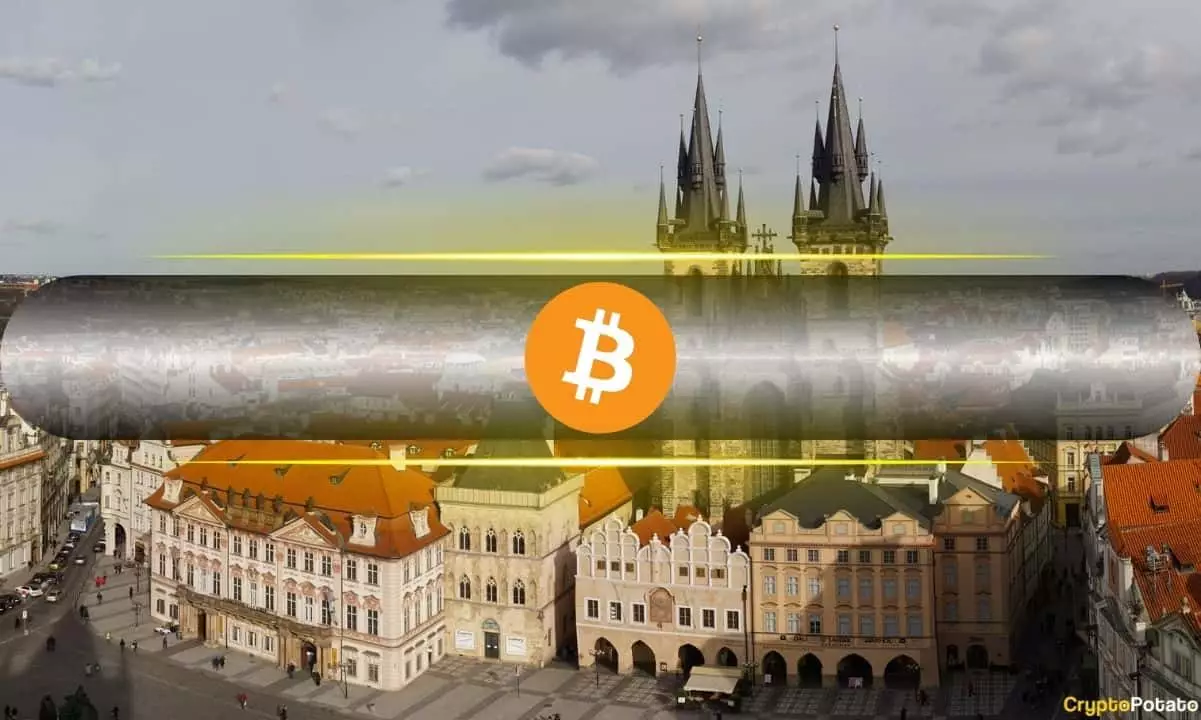In recent years, Bitcoin has transcended its status as a mere speculative asset and has garnered attention from governments and central banks seeking diversification in their foreign exchange reserves. This evolution is particularly evident in countries like the Czech Republic, where the governor of the Czech National Bank (ČNB), Aleš Michl, recently suggested the potential inclusion of Bitcoin in their reserve strategy. Emphasizing the necessity for diversification, Michl contemplated the purchase of “a few Bitcoin,” indicating a significant shift towards accepting cryptocurrencies within traditional financial frameworks. However, he clarified that such an investment would be modest and would require backing from the bank’s governing board, highlighting the cautious approach these institutions are adopting.
The narrative surrounding Bitcoin in the political arena received a notable boost after the election of Donald Trump in November 2024. Historically critical of cryptocurrencies, Trump has transformed his stance, now advocating for Bitcoin as a strategic reserve asset to enhance economic stability. This has resonated with various lawmakers and advocates, who perceive Bitcoin’s limited supply as a safeguard against inflation and a weakening dollar. For instance, Senator Cynthia Lummis has emerged as a prominent supporter of incorporating Bitcoin into the United States’ national financial reserves, arguing for its potential to enhance economic resilience. This growing political endorsement suggests a possible future where Bitcoin is recognized as an essential component of monetary policy, despite the scrutiny it faces from skeptics in Congress.
Globally, the momentum surrounding Bitcoin’s acceptance as a reserve asset is palpable. Switzerland is on the brink of becoming a pioneer in this domain by potentially integrating Bitcoin into its national reserves, which could coincide with a public referendum to officially recognize cryptocurrency alongside traditional assets like gold. This move aligns with Switzerland’s historical role as a center for financial innovation, positioning the nation at the forefront of the evolving financial landscape.
Germany’s former Finance Minister Christian Lindner has also posited that adopting Bitcoin could lessen dependency on the US dollar for European countries, hinting at a growing recognition of Bitcoin’s potential utility within the European Central Bank’s strategies. Meanwhile, Hong Kong is actively engaging in this trend, with legislators advocating for Bitcoin’s inclusion in financial reserves as a means of enhancing economic resilience.
In a more assertive approach, Russia is seeking to leverage Bitcoin and other cryptocurrencies to navigate around Western sanctions. State Duma deputy Anton Tkachev’s proposal for establishing a strategic Bitcoin reserve underscores the nation’s intent to use cryptocurrency as a tool for strengthening its economic autonomy. This proactive stance reveals a larger pattern among nations exploring Bitcoin not just as an investment, but as a vital component of national strategy in a rapidly evolving geopolitical landscape.
The discussions around Bitcoin as a reserve asset reflect a significant pivot within global financial systems, marked by governments and central banks re-evaluating the role of cryptocurrency in traditional economic frameworks. As nations from the Czech Republic to Russia actively explore Bitcoin’s potential, its integration into national reserves could signal a transformative shift in monetary policy. This trend illustrates the growing acceptance of digital currencies as legitimate financial instruments, potentially laying the groundwork for a future where Bitcoin plays a crucial role in global economic stability.


Leave a Reply